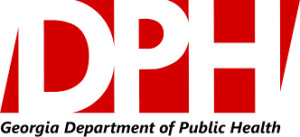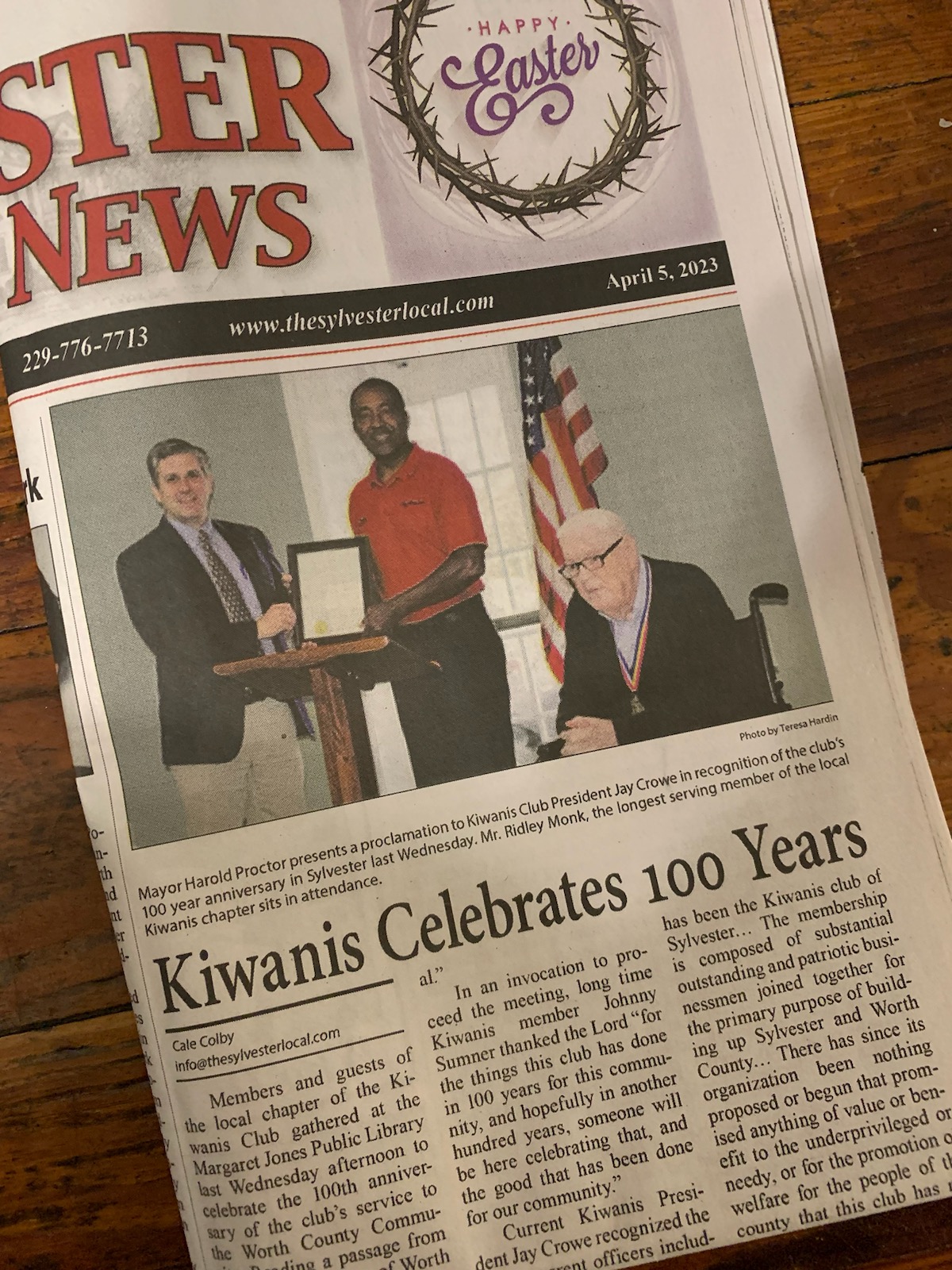
Albany, GA – Although Zika, which is spread mostly by the bite of an infected Aedes species mosquito, has not been transmitted locally in Georgia, the recent outbreak of Zika in Florida has Southwest Georgia public health experts preparing for that possibility.
“Residents want to know their risk and what is being done locally to prepare if mosquitoes in our area start to infect people with Zika,” said Southwest Health Director Dr. Charles Ruis. “It is important to know that the majority of people who get Zika – around 80% –experience mild or no symptoms.”
Symptoms of Zika include fever, rash, joint pain and conjunctivitis, or red eyes. Other symptoms include muscle pain and headache. Until this month, local transmission of Zika on this side of the world has been in South and Central American, Caribbean countries and Puerto Rico.
Those most at risk of Zika infection are pregnant women and men and women of child-bearing age. “Zika infection during pregnancy can cause a serious birth defect called microcephaly that is a sign of incomplete brain development,” Ruis said. “Research has also shown other problems in pregnancies and among fetuses and infants infected with Zika virus before birth.”
Ruis said pregnant women or people who are trying to start a family should avoid areas with Zika. The areas are listed at http://www.cdc.gov/zika/geo/index.html, and the site is updated frequently.
“There is no vaccine to protect against Zika,” Ruis pointed out. “The best protection is to avoid being bitten by mosquitoes.” He recommended using an EPA-registered insect repellent with 30% DEET and to follow the instructions on the product label.
Another tip is to wear long pants and long sleeves, to cover up against the mosquitoes, which are aggressive daytime biters. Damaged screens on doors and windows should be replaced, and overgrown bushes should be cut back.
Southwest Health District also promotes the “Tip N Toss” Campaign, featured in a video produced by the Early County Health Department posted on the District Facebook page and at www.southwestgeorgiapublichealth.org.
“We encourage residents to tip over or toss out items that hold water, such as buckets, planters, tires, toys, flowerpots and birdbaths once a week,” Ruis said. “It takes as little as a spoonful of water for mosquitos to successfully lay eggs and breed.”
A vector surveillance specialist located in Southwest Health District is monitoring mosquito populations for disease-carrying insects, Ruis said. “These specialists are located throughout the state,” he said.
“Like Florida, Georgia Public Health also has an emergency response plan in place that includes environmental health specialists who will quickly respond to any Georgia location where a resident gets infected with Zika from the bite of a mosquito,” Ruis noted.
However, Zika can also be passed through sex from an infected person to his or her partners, he said. “Sex includes vaginal, anal, or oral sex,” he said. “Zika can be passed from a person before their symptoms start, while they have symptoms, and after their symptoms end.”
He said condoms and other barrier methods can reduce the chance of getting Zika from sex. “This is especially important if your partner is pregnant,” Ruis said, citing guidelines for couples who live in or have traveled to an area with Zika.
More information for couples who were in an area with Zika and who may be considering starting families or who are concerned about sexual transmission is at http://www.cdc.gov/zika/prevention/protect-yourself-during-sex.html.
Ruis said Southwest Health District is in the process of sending out Zika updates and guidelines to educational institutions, healthcare providers and others in the area. “We want to ensure our partners have the most recent information about this infection available, and to encourage them to call us with questions,” he said.
“We urge people to educate themselves about Zika by following Southwest Georgia Public Health on our Facebook page, through the media or by going to www.cdc.gov,” Ruis said. “Because the situation is changing almost daily, it is important to check back frequently. Your local health department also has Zika educational information they will be happy to share.”
Follow “Southwest Georgia Public Health District” on Facebook!

